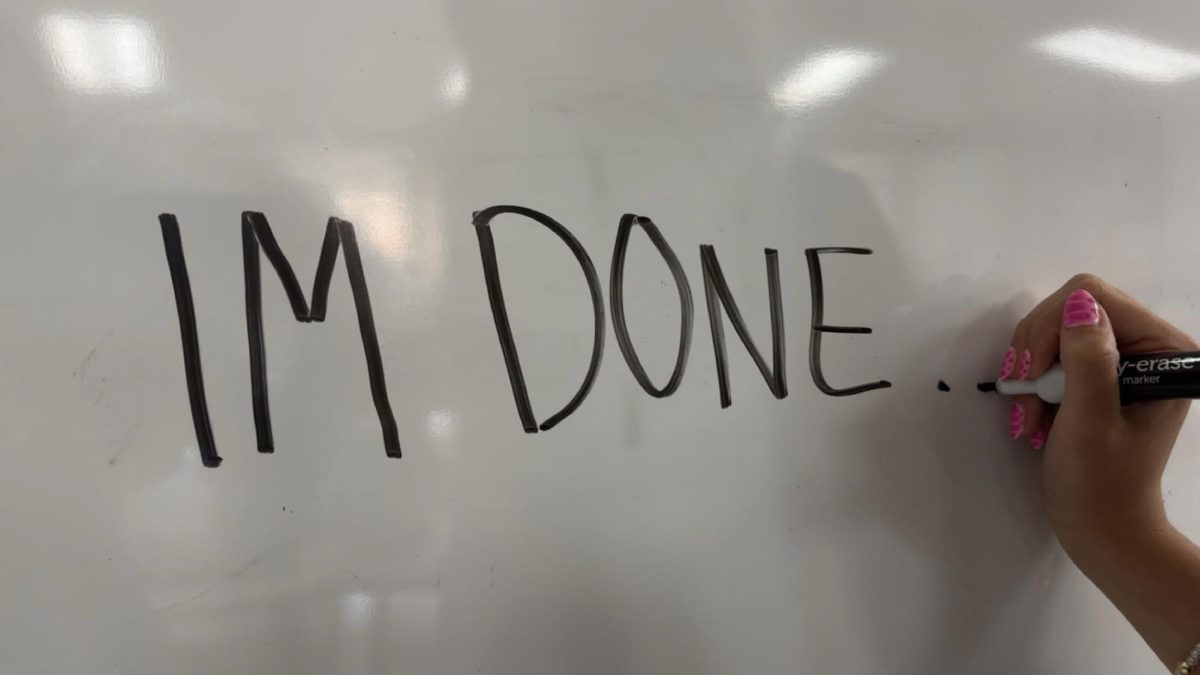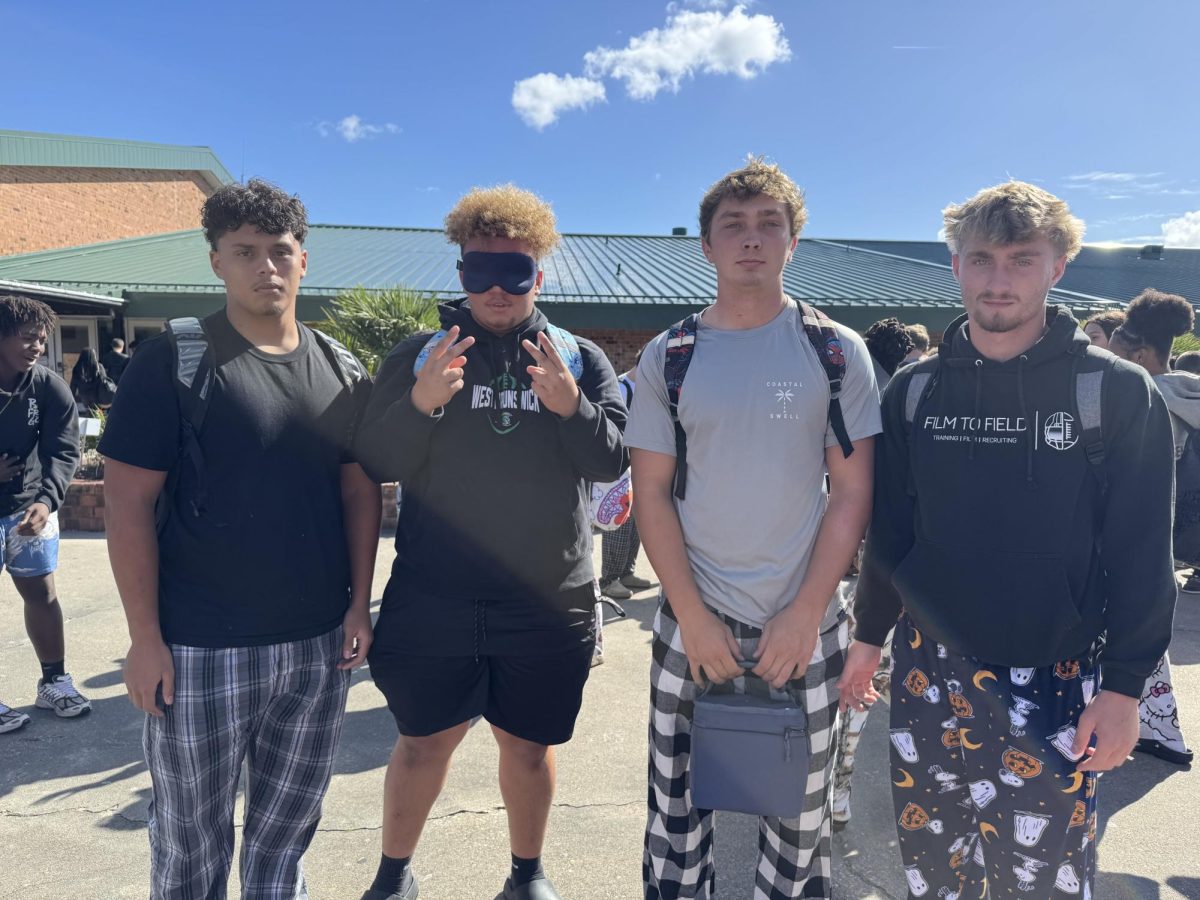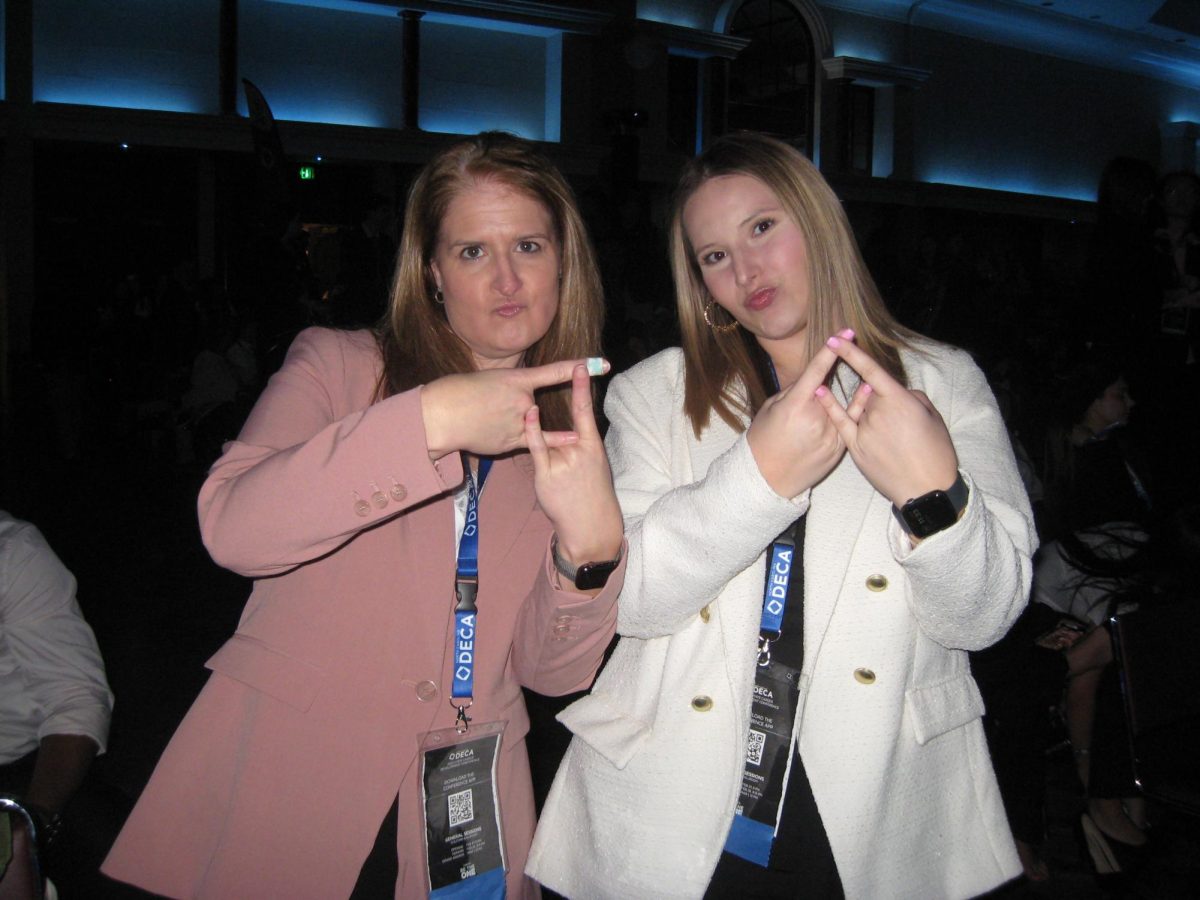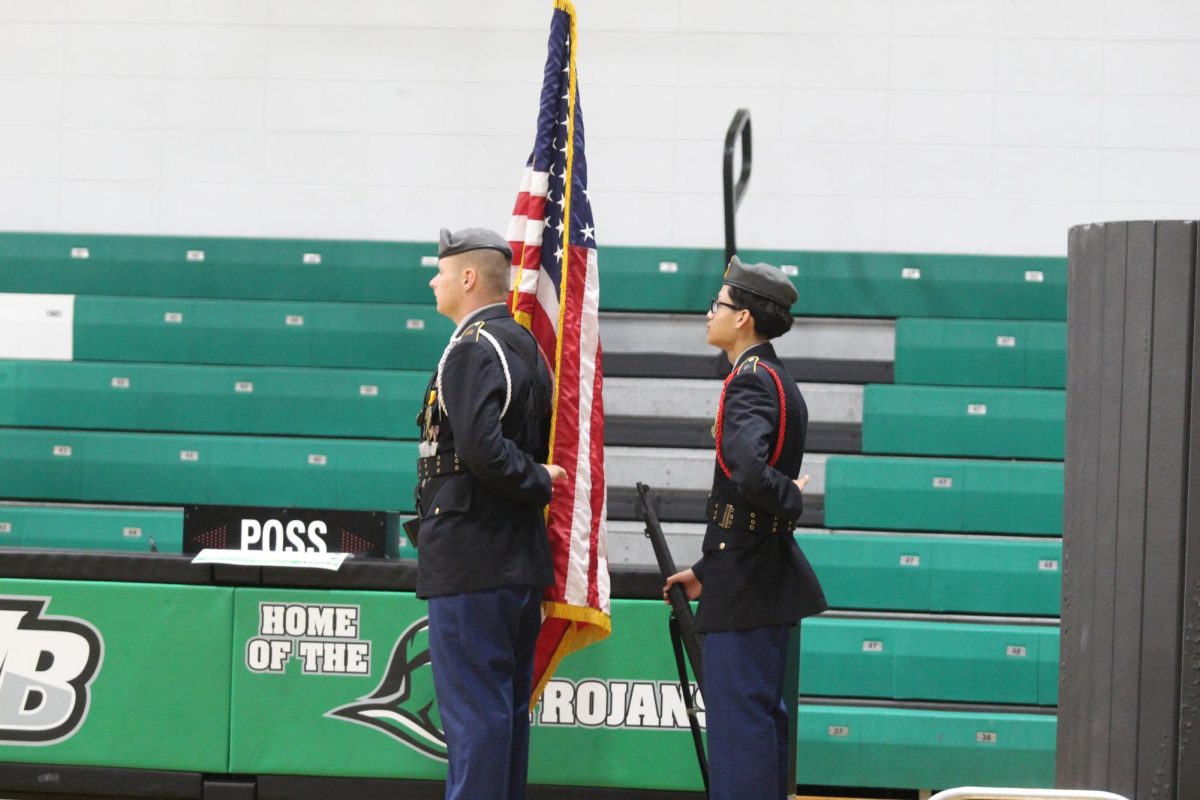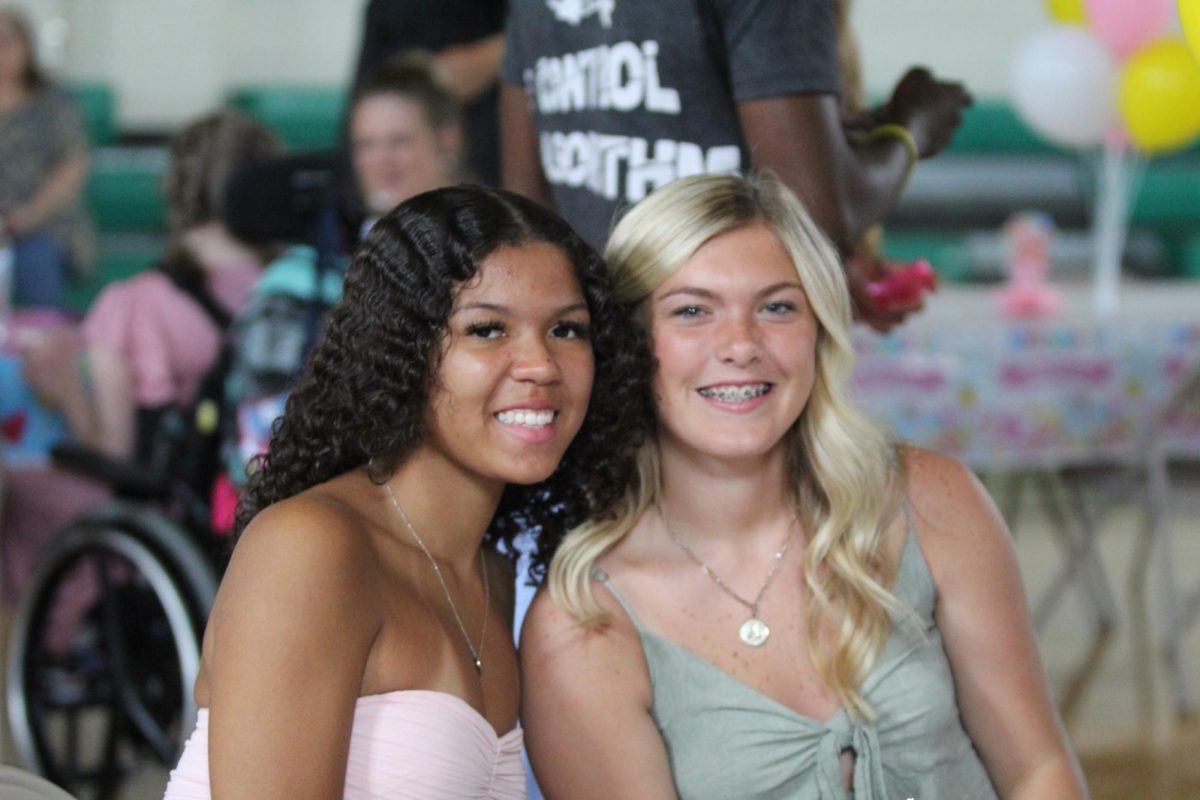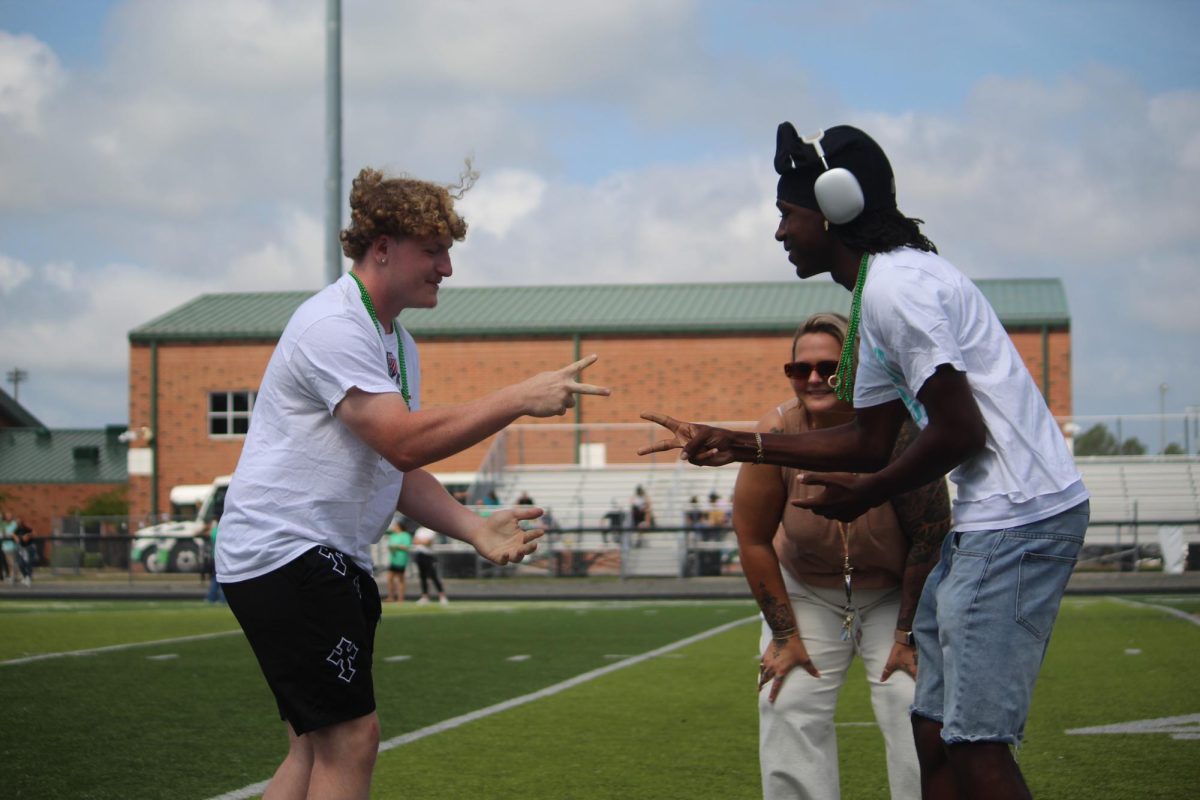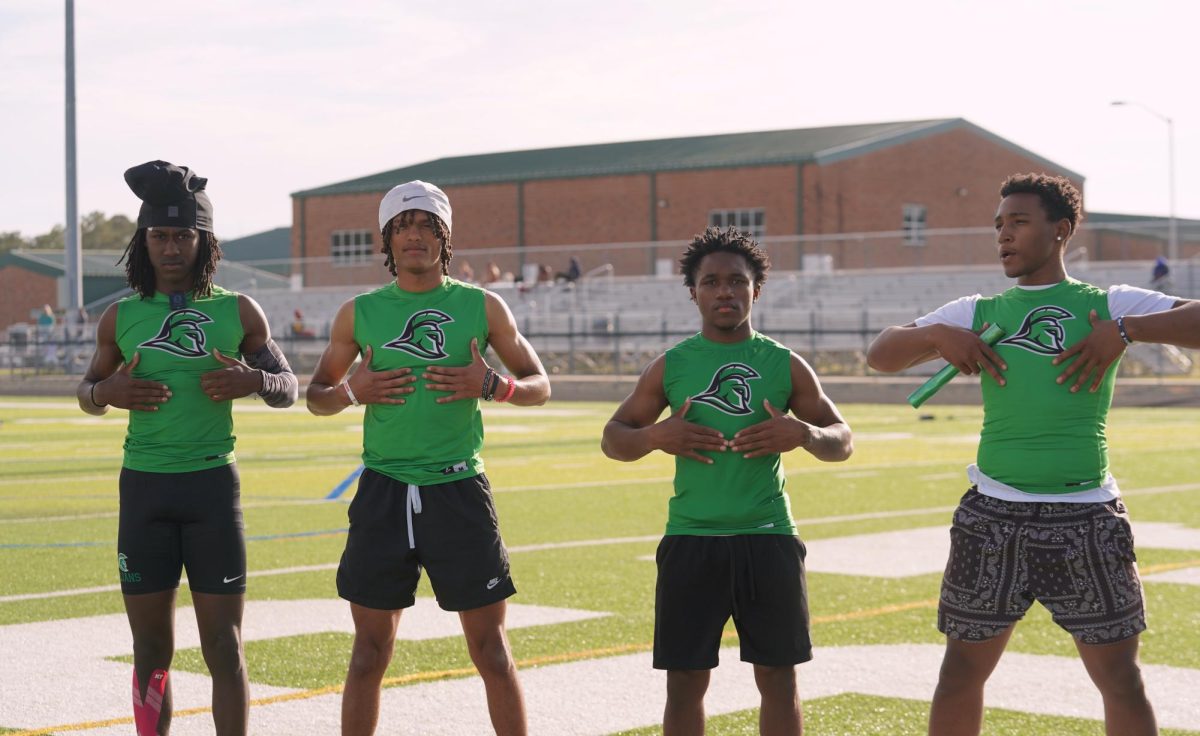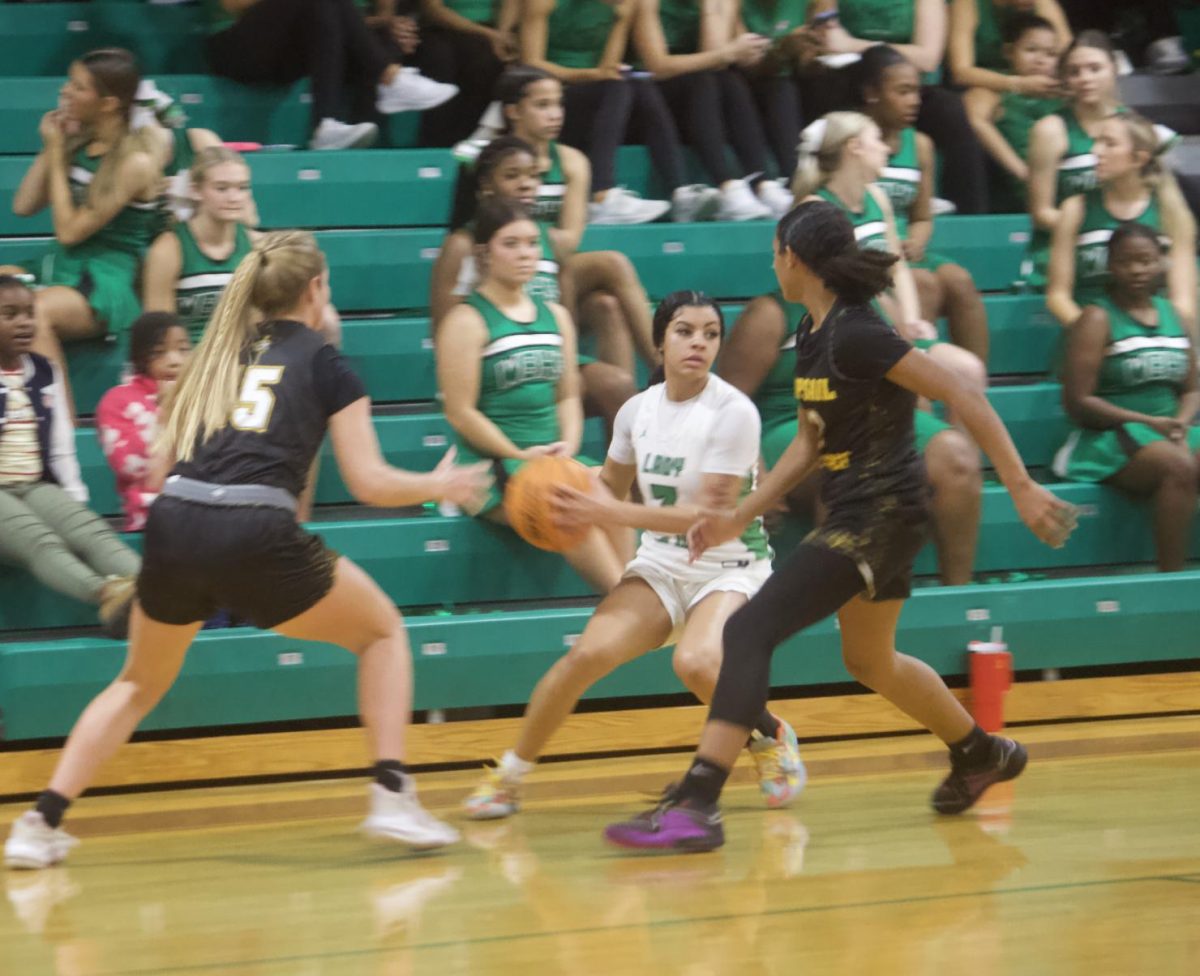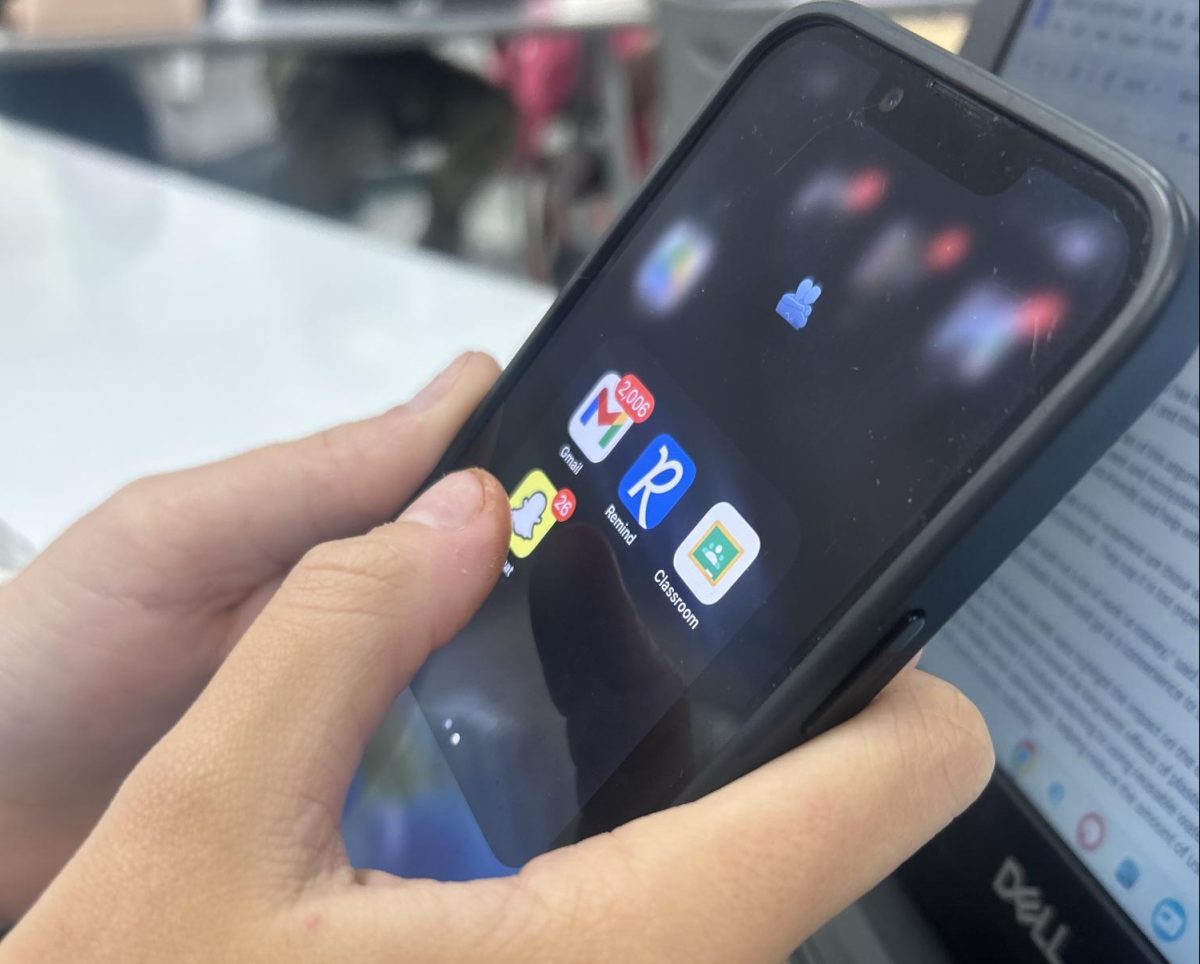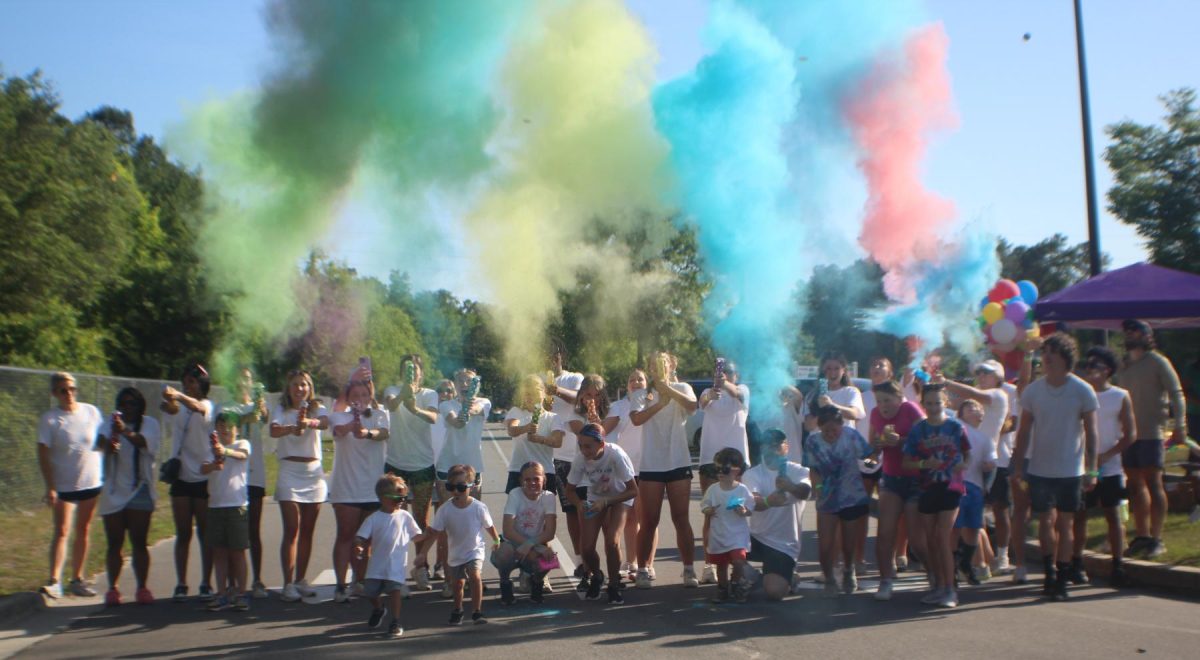Group chats can be an excellent resource for communication, but it’s easy for words to get twisted and for feelings to get hurt. They can be utilized for a variety of things, such as work, school, sports, or even recreational activities. However, this space for communication can take a turn for the worst just as quickly as it can be created with the best intent.
Toxic interactions can occur anywhere, but the internet gives corrosive people a brand new set of tools. Group chats can provide the dilemmas of miscommunication, rapid spread of information, cyber-bullying and exclusion a place to thrive and eventually take over.
“I don’t like when people take sides with other people in the group chat,” said senior Sydney Beliveau. “I think people do that in group chats because there are other people there and they’re trying to show off.”
This exclusive behavior roots from insecurity. In fear of rejection, people will find the opportunity to put others down before it can happen to them. People fighting and taking sides can create a hostile environment where members don’t feel safe sharing their opinions, opposing the original purpose of the chat. Being on the outside of a clique or a team that’s working against you can damage your self image and motivation to make friends. In group chats, it’s easy for these cliques to form as people can easily exclude others from conversation by simply not responding. However, it’s not just ignoring members of the chat that can cause harm. Arguments and disputes can escalate with even higher intensity.
“People fight in group chats because they are childish,” said Brian Covington. “People just like to bicker at each other.”
It’s no surprise that fights and arguments occur more online. Hiding behind screens like a shield, cyberbullies can utilize group chat features in the worst way. With nobody to work as a mediator and to defuse intense situations, things can get out of hand. Members can be added without their consent, person-specific read receipts can cause pressure, and the anonymity of the internet can only make things worse. The lack of moderation in group chats as well as the unrestricted sharing of media can be harmful as well.
“It just gets out of hand so fast,” said junior Christina Torres. “One person can send something, and then everyone else just uses that message to make things worse.”
This “piggybacking” strategy created by replies creates a nasty accumulation. This turns this community chat space into a hostile war zone. Whether it’s the lack of mediation, the tools of a group chat, or simply the people involved that cause the most trouble, more than one factor is at fault.
“It would be nice if everyone used [group chats] for what they were meant for,” said Torres. “I just can’t see that happening any time soon.”


